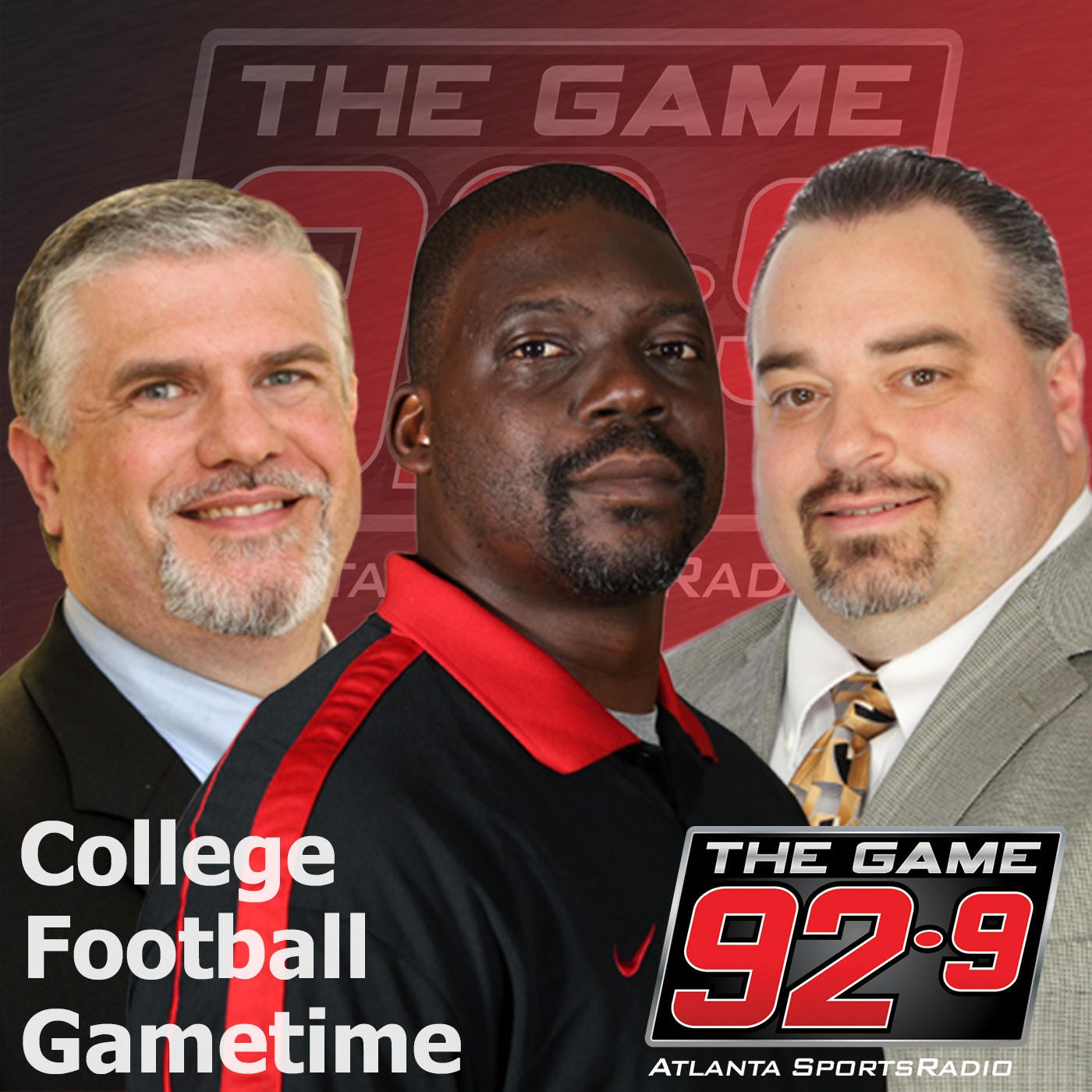Nick Saban seems to support college athletes’ ability to make money off their name, image and likeness, but the Alabama head coach still has some concerns about the NCAA’s NIL policy.
“Name, image and likeness is a positive for thing for players,” Saban said on Sunday, speaking to reporters a day before Monday’s national championship against Georgia. “They have an opportunity to earn money, which they’ve always had the opportunity to do. This gives them an opportunity to do it by using their name, image and likeness, which I don’t think is a bad thing.

“I think what is a little concerning is how that is used to get players to decide where they got to school, because I don’t think that was the intention. I don’t think that would be the NCAA’s intention. I think we probably need some kind of national legislation to sort of control that to some degree, because I think there will be an imbalance relative to who can dominate college football if that’s not regulated in some form or fashion.”
Saban's concern comes as Alabama is gearing up to play in its sixth national title game in the last eight years, three of which he has won.
The Alabama head coach was also still able to recruit the No. 1 ranked class this past year with the new NIL policy in place.
Yet, the conversation on how NILs would change recruiting surfaced when No. 1 recruit in the country, Travis Hunter, signed with Jackson State to play for Deion Sanders while de-committing from Florida State.
Many speculated Hunter chose Jackson State because of a million-dollar NIL deal, which Sanders denied was the case. However, there seems to be a real possibility that NIL deals could spread talent out to smaller schools as recruits could potentially see greater profits as the big fish playing in a small pond, so to speak.
Saban also pondered, with money now involved, how commitments to schools should change, too.
“The more we get to players making money and players actually having the opportunity to make money, which I’m not opposed to, maybe there’s some circumstance where there has to be some kind of an agreement between both the school and the player as to what their commitment is to what they choose to do,” he said. “Because that is something, making commitments and fulfilling them, that is probably important to having a chance to be successful.”
LISTEN on the Audacy App
Sign Up and Follow Audacy Sports
Facebook | Twitter | Instagram


